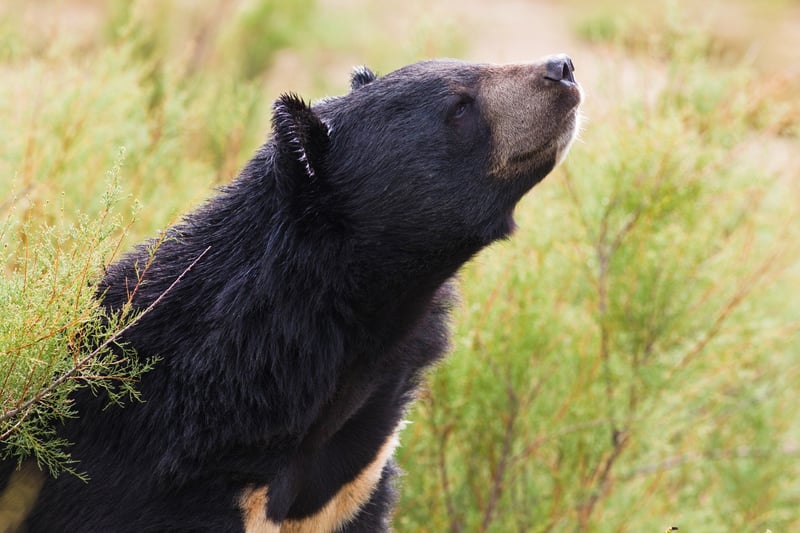
South Korea increases wildlife protection
News
Bear bile is one of the most horrendous forms of animal cruelty, but thanks to your support, we're one step closer to ending this cruel industry in South Korea.
Together with Green Korea United, we have been lobbying the South Korean government on the Wildlife Protection and Management Act for several years. Last week, the National Assembly finally passed the Amendment Bill to this Act.
Maya Pastakia, Global Campaign Manager – Wildlife, Not Medicine, at World Animal Protection said:
"This introduces stricter penalties for aggravated wildlife offences, including illegally breeding bears for their bile. The Bill sends a clear signal that such offences will not be tolerated and those found guilty will be severely punished.
“We urge the South Korean government to continue to monitor all captive bears on farms so that new bears are not born into the cruel bear bile industry. We also urge the government to build a high-welfare animal shelter and rescue as many bears from the industry as possible.”
In 2003, we joined forces with Green Korea United (GKU) to end the South Korean bear bile industry. Since then, the number of bears cruelly kept captive has decreased from about 1,400 to 423 bear today.
Captive bile bears endure extreme physical and psychological suffering, all for traditional medicine. They live out their entire lives in small, dirty cages, unable to express their natural behaviours. Traditional medicine using bile or gallbladders has no place in the modern world, especially as traditional herbal alternatives are readily available.
Thanks to your ongoing support, our work still continues in South Korea. It takes time, research, persistence and lots support to change public opinion, government regulations and clamp down on illegal activity. But thanks to your support, we expect the bear bile industry in South Korea to be completely phased out in the next decade.
Together, we can end bear bile farming. Forever.
Traditional medicine using bile or gallbladders has no place in the modern world, especially as traditional herbal alternatives are readily available